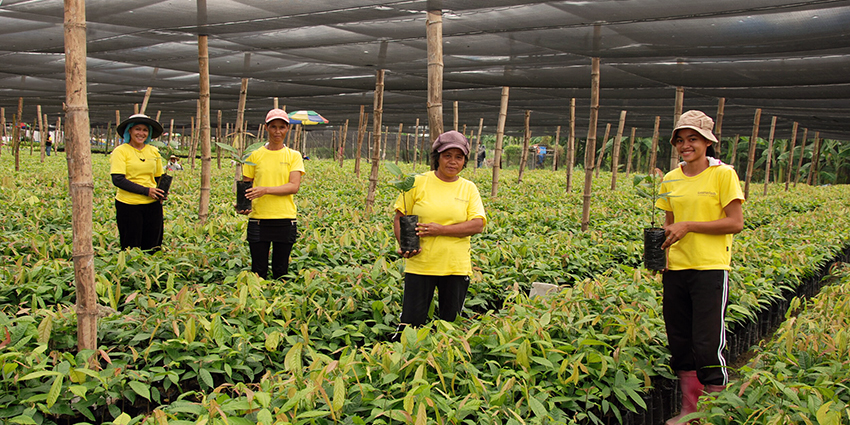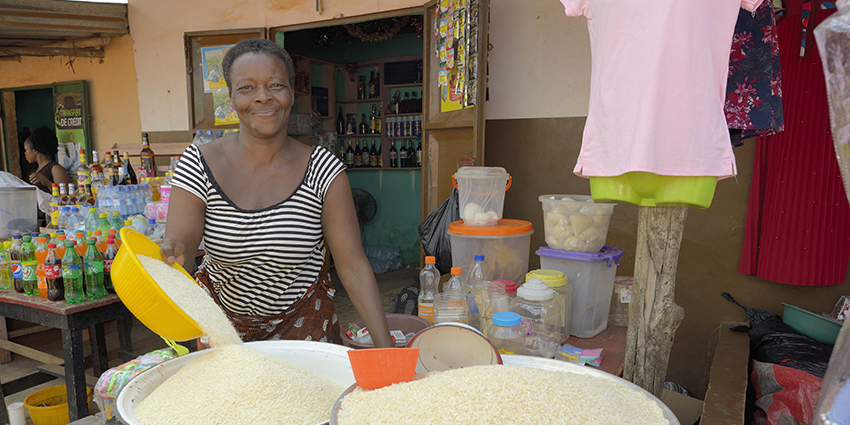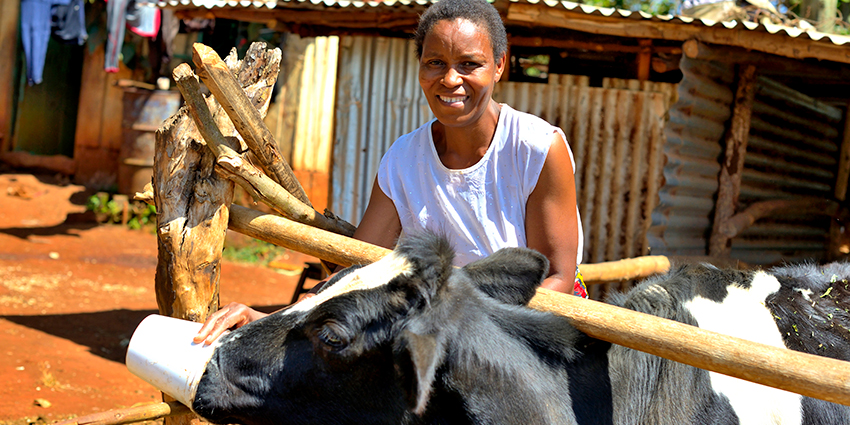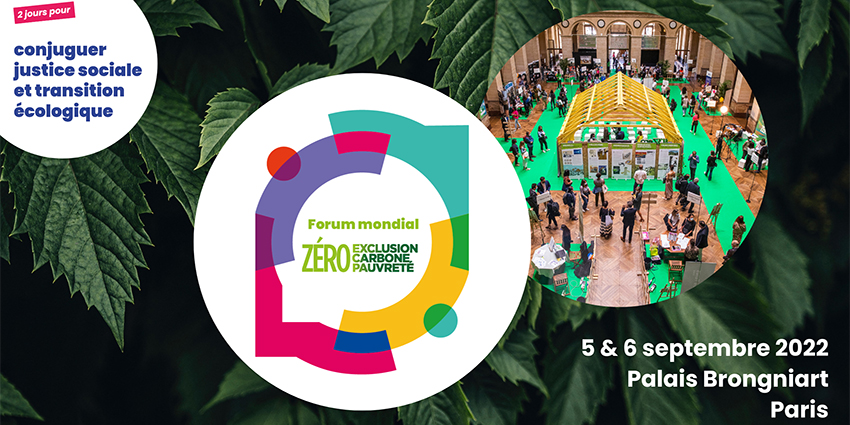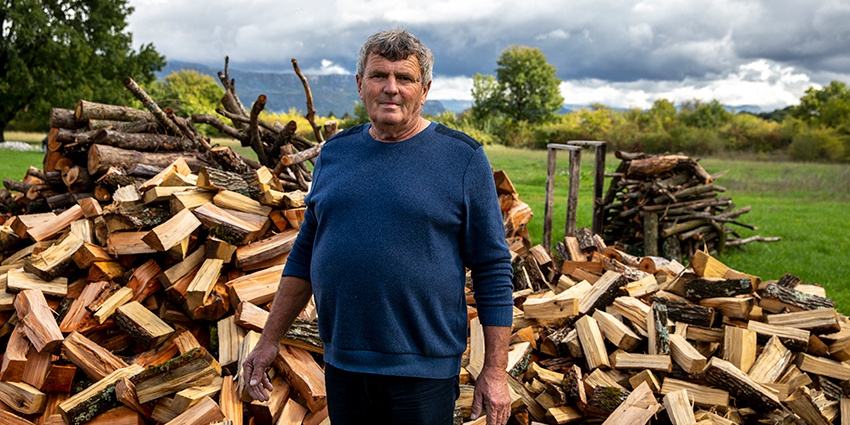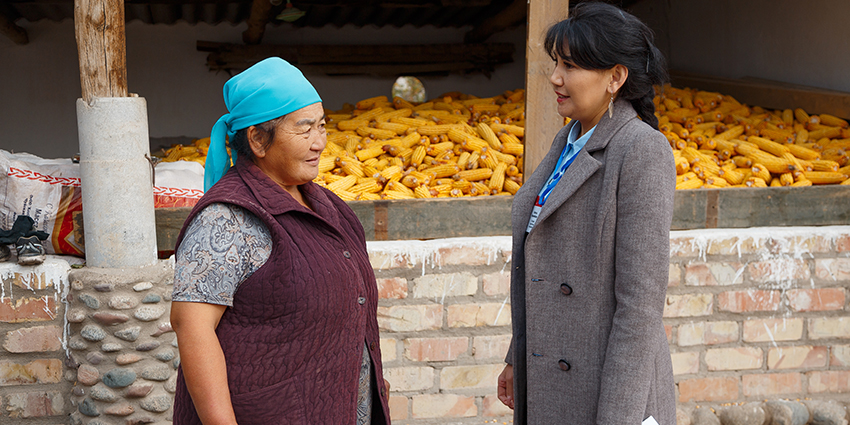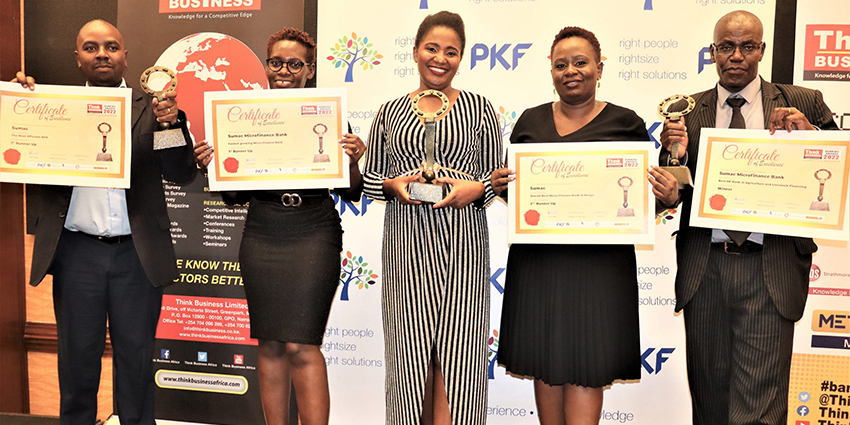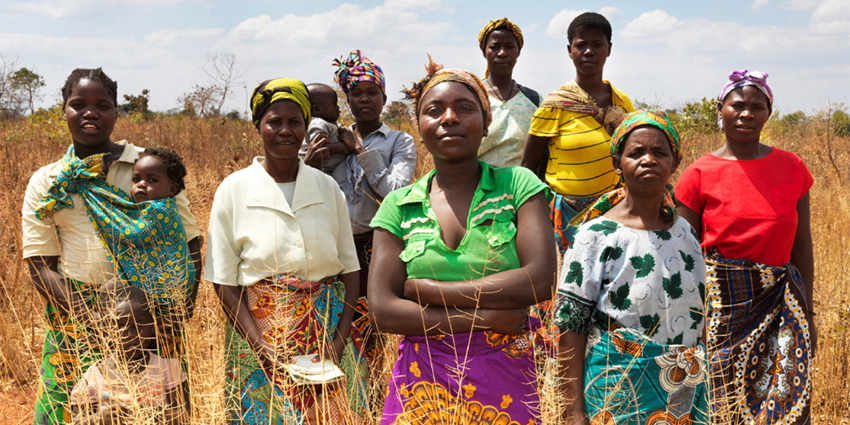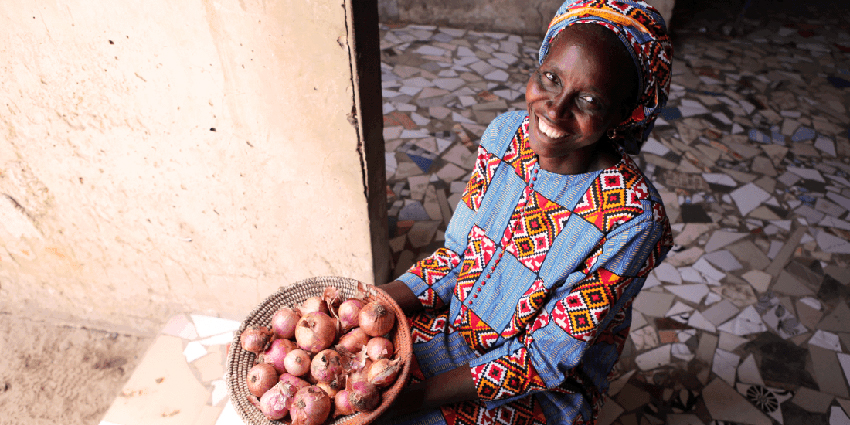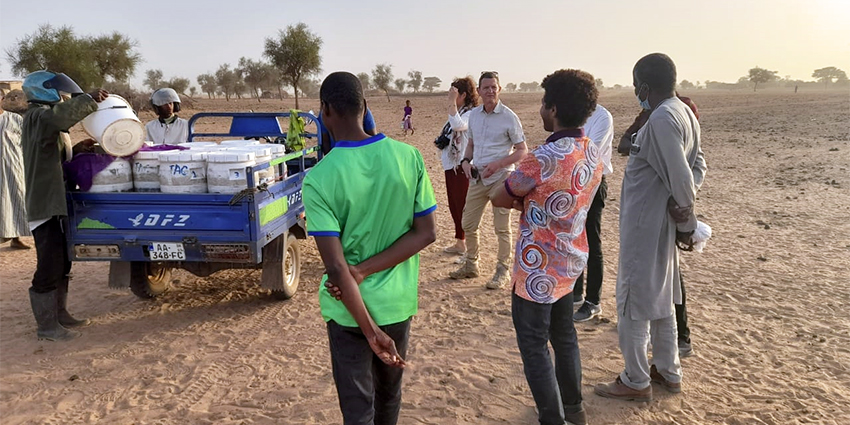
Launched by the Grameen Crédit Agricole Foundation and Crédit Agricole SA in 2018, Solidarity Bankers is a skills-based volunteer program open to all Crédit Agricole Group employees, supporting microfinance institutions and impact businesses supported by the Foundation. Discover the opinion piece by Stéphane Frénéat, UNEXO's Solidarity Banker, who went to Senegal to support La Laiterie du Berger, a social enterprise in which the Foundation is a shareholder.
Solidarity Banker…an incredible professional and personal adventure of riches!
The Grameen Crédit Agricole Foundation has been a partner since 2010 of Laiterie du Berger (LDB), a social enterprise based in Senegal (Dakar and Richard Toll), created in 2006 by Bagoré Bathily. LDB fights poverty by building a local dairy sector (from production to distribution) in harmony with the environment, and thus promoting healthy eating for as many people as possible. It deploys a specific training program based on the "school farm" concept, located in Richard Toll (Mauritanian border), close to the production plant. This training allows many young Fulani village women to access the profession of livestock breeder and thus earn an income from the milk they produce and sell to the dairy. They thus acquire, among other things, financial independence.
The proposed mission consisted of supporting Laiterie du Berger and its manager in (i) structuring financing (mix of equity, private and public debt, hybrid financing) and (ii) considering the governance to be put in place in order to ensure the development of the company and its sustainability.
The profile sought and the content of the mission could correspond in every way to my professional skills, my experience, my passion for travel and the discovery of other cultures. It allowed me to combine my profession with my values and a certain quest for meaning... "Finance" in the service of solidarity and sharing.
It was therefore only natural that I submitted my application to the Foundation, with the support of my management and UNEXO. Once approved, we immediately prepared the mission with the Foundation and Bagoré teams. Together, we "reformulated" the mission's objectives and its schedule. Bagoré and the Foundation sent me all the necessary information so that I could familiarize myself with the Dairy's strategic plan and its economic and financial challenges.
Before the trip, the preparation phase is essential. It allows us to clearly validate everyone's expectations, clarify the objectives, the approach, and the expected deliverables. Thus, on Bagoré's suggestion, in collaboration with the Foundation's teams, we developed my work schedule for my entire stay: the people to meet, the sites to visit, the work and feedback sessions. 10 days is very (too) short...
Flight to Dakar and Richard Toll
The big day is here! I'm flying off, happy and excited to spend 12 days in the field in Senegal! I was leaving for a mission that aligned with my skills and knowledge in corporate finance, but without any specific knowledge of the microfinance and impact business sector, in a structure and cultural context different from my daily life.
Welcomed by Bagoré upon my arrival, the adventure begins! Located not far from the Dakar headquarters of Laiterie, I prepare for this busy week of meetings and working sessions with the LDB teams based in the capital.
After a weekend spent meeting the family shareholders of the Dairy to immerse myself in the company's shareholder context, Ortence, Executive Assistant, Jean, who will be leading me throughout the mission, and Bagoré welcome me to LDB's headquarters to begin our week of meetings with the various managers. The objective is to immerse myself in the company in order to fully understand the challenges and development strategy:
- Ouakam will show me in situ the two distribution channels for “Dolima” products (trademark of LDB products), namely the GMS and some of the 22,000 shops in the “informal” sector!
- Bakary will introduce me to Tiès, one of the company's logistics hubs, the real organizational and financial challenge for La Laiterie (respecting the cold chain in a tropical country, managing collections, etc.);
- Momar will present to me the plans for the new factory to be built, the technical, organizational and financial challenges of such a project in Senegal;
- Emma will share with me the multiple financial challenges that the company must face to finance its daily operations and find adequate financing for the various projects underway in a country where the banking and financial sector does not operate in the same way as the one we know here in Europe;
- Arona will show me around the factory based in Richard Toll. We will meet young Fulani villagers, students of the livestock training program initiated by the Dairy and future "entrepreneurs" supplying fresh milk to the Dairy. Moments of sharing and unforgettable emotions at the time of breaking the fast (we were during Ramadan) with these young girls of incredible courage and energy! Laughter, smiles... a clash of cultures!
Back in Dakar and armed with a clear vision of the company and its challenges, particularly financial ones, I spent the last two days discussing with Bagoré and Emma the two themes of my mission (structuring financing and governance) and writing the first drafts of deliverables (capitalization tables, governance model, financing plan, etc.) which will be adjusted upon my return to France and then shared with the Foundation team and Bagoré...
I returned to Nantes, happy to have had this experience. This mission brought me a lot, especially on a human level; I was able to discover another culture, have enriching exchanges and meet inspiring people. It is, certainly, a significant investment in terms of time and workload, but the mission is truly worth it. I will forever keep deep inside me the laughter and smiles of the students of the Richard Toll farm school, their sense of hospitality, and the immense hope they embody for future generations of this beautiful country that is Senegal.
________________________________________________________________
My thanks to Eric Campos, Vincent Brousseau, Céline Hyon-Naudin, Aurélie Béchara and Maria-Teresa Calvo of the Grameen Crédit Agricole Foundation for their support throughout the mission and the trust they placed in me. A huge thank you to Bagoré, Jean, Ortence, Emma and the entire team at the Laiterie for their warm welcome, to Arona for introducing me to St Louis, Djoudj, Richard Toll and the farm school, to Florence Pelletier, Aurélie Cacciotti and Christian Bodenes of Crédit Agricole SA and to Jean-Luc Creach, Managing Director of UNEXO without whom I would not have been able to have this experience.
